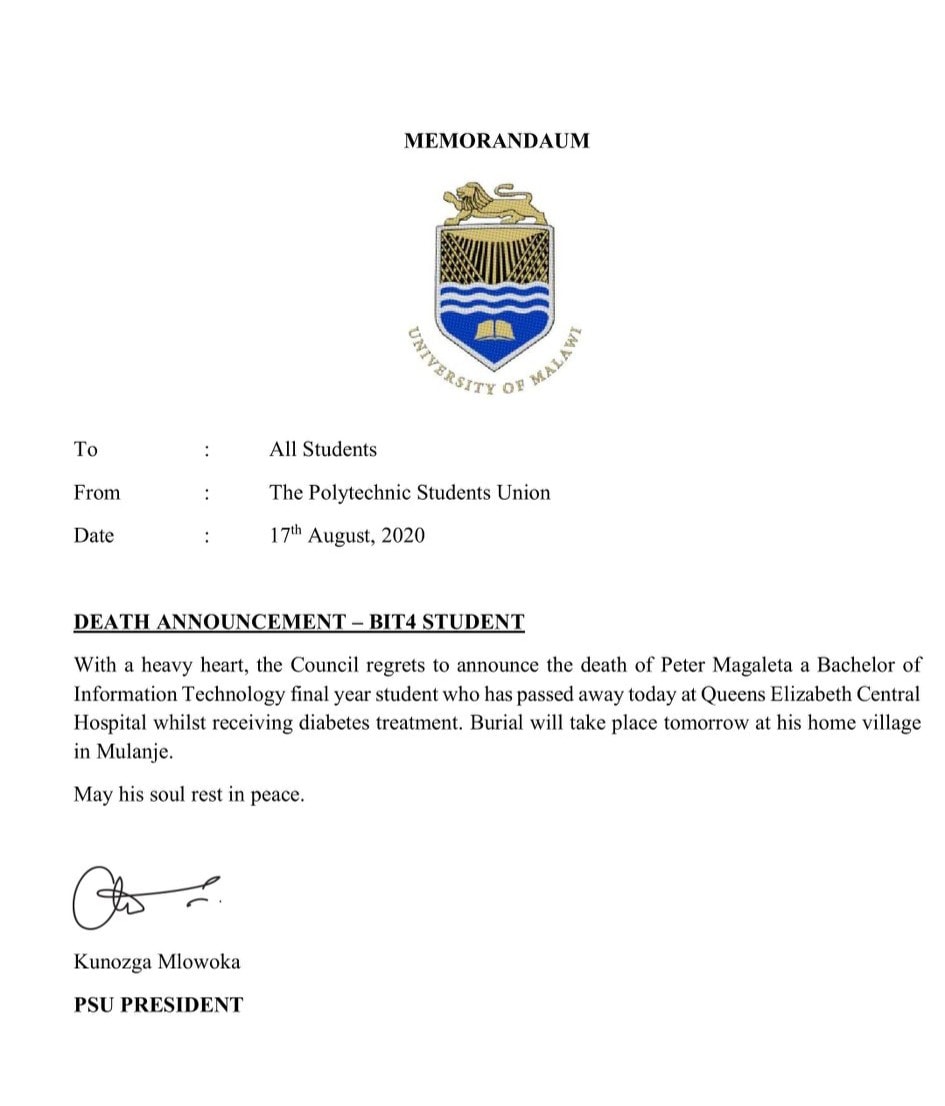The spread of the coronavirus is being increasingly driven by people aged in their 20s, 30s and 40s and many are not aware that they have been infected, the World Health Organisation’s regional director for the Western Pacific said.
“This increases the risk of spillovers to the more vulnerable: the elderly, the sick people in long-term care, people who live in densely populated areas and underserved areas,” Takeshi Kasai told a virtual briefing.
Meanwhile, a mutation of the novel coronavirus increasingly common throughout Europe and recently detected in Malaysia may be more infectious but appears less deadly, according to a prominent infectious diseases doctor.
Paul Tambyah, senior consultant at the National University of Singapore and president-elect of the US-based International Society of Infectious Diseases, said the D614G mutation has also been found in Singapore.
Tambyah said there is evidence the proliferation of the mutation in Europe has coincided with a drop in death rates, suggesting it is less lethal.
The mutation is not likely to impact the efficacy of a potential vaccine, despite warnings to the contrary from other health experts, he added.
“Maybe that’s a good thing to have a virus that is more infectious but less deadly,” Tambyah said.
Tambyah said most viruses tend to become less virulent as they mutate.
“It is in the virus’ interest to infect more people but not to kill them because a virus depends on the host for food and for shelter,” he said.
Scientists discovered the mutation as early as February and it has circulated in Europe and the Americas, the World Health Organization said.
The WHO has also said there is no evidence the mutation has led to more severe disease.



.jpeg&w=60&q=100&h=60)








